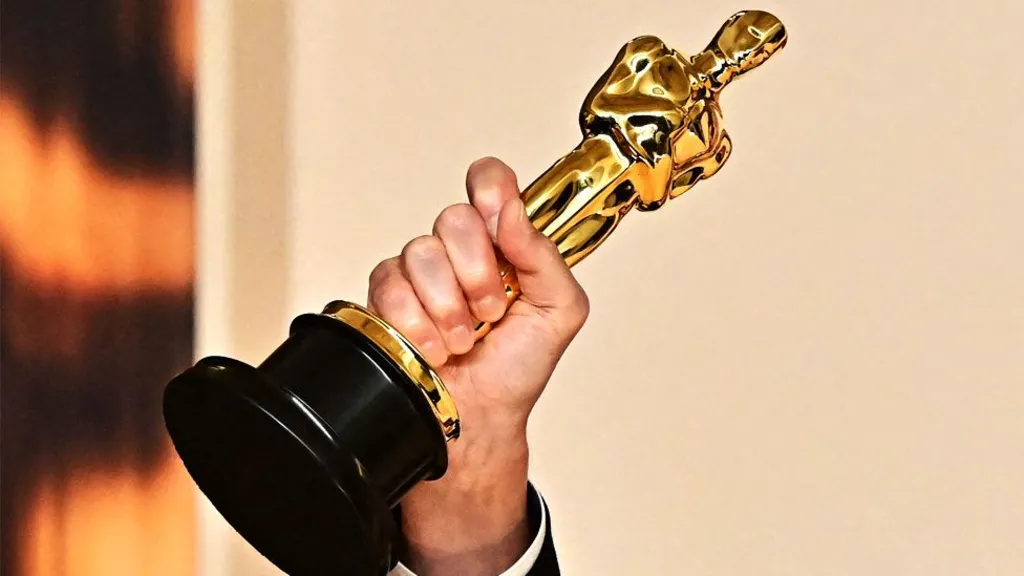
The Academy of Motion Picture Arts and Sciences has dropped a bombshell, declaring that films leveraging the power of Artificial Intelligence (AI) are officially eligible to compete for the coveted Oscar awards. This seismic shift acknowledges AI’s growing influence in filmmaking, as evidenced by its role in recent industry-acclaimed productions. While AI can now be a tool in the cinematic arsenal, the Academy insists that human artistry and involvement will remain paramount in the selection process. The new rules, recommended by the Academy’s Science and Technology Council, stipulate that the use of AI, including generative AI capable of creating text, images, audio, and video from simple prompts, will “neither help nor harm the chances of achieving a nomination.” This decision follows the controversial use of AI in films like “The Brutalist” (enhancing actor accents) and “Emilia Perez” (vocal enhancements), sparking debates about its role in the creative process. The Academy is also mandating that members watch all nominated films in each category to ensure informed voting. However, the integration of AI remains a contentious issue, with actors and writers voicing concerns about potential job displacement and misuse of their likeness. During the 2023 Hollywood strikes, AI was a central point of contention. Actress Susan Sarandon warned against the unauthorized use of actors’ faces, bodies, and voices, while screenwriters feared the replacement of human labor with AI tools like ChatGPT for research and scriptwriting. Union agreements now include safeguards against AI misuse, but anxieties persist. Some actors, like Scarlett Johansson, have cautioned against potential exploitation of their image. Animators, too, doubt AI’s current ability to replicate the quality and emotional depth of their work. Jonathan Kendrick, co-founder of Rokit Flix, likened AI to “a bad writer,” capable of creating outlines but lacking the emotional resonance needed for Oscar-worthy storytelling. Despite the ongoing debate, AI is now firmly embedded in the film industry, and its impact on future Oscar races remains to be seen.